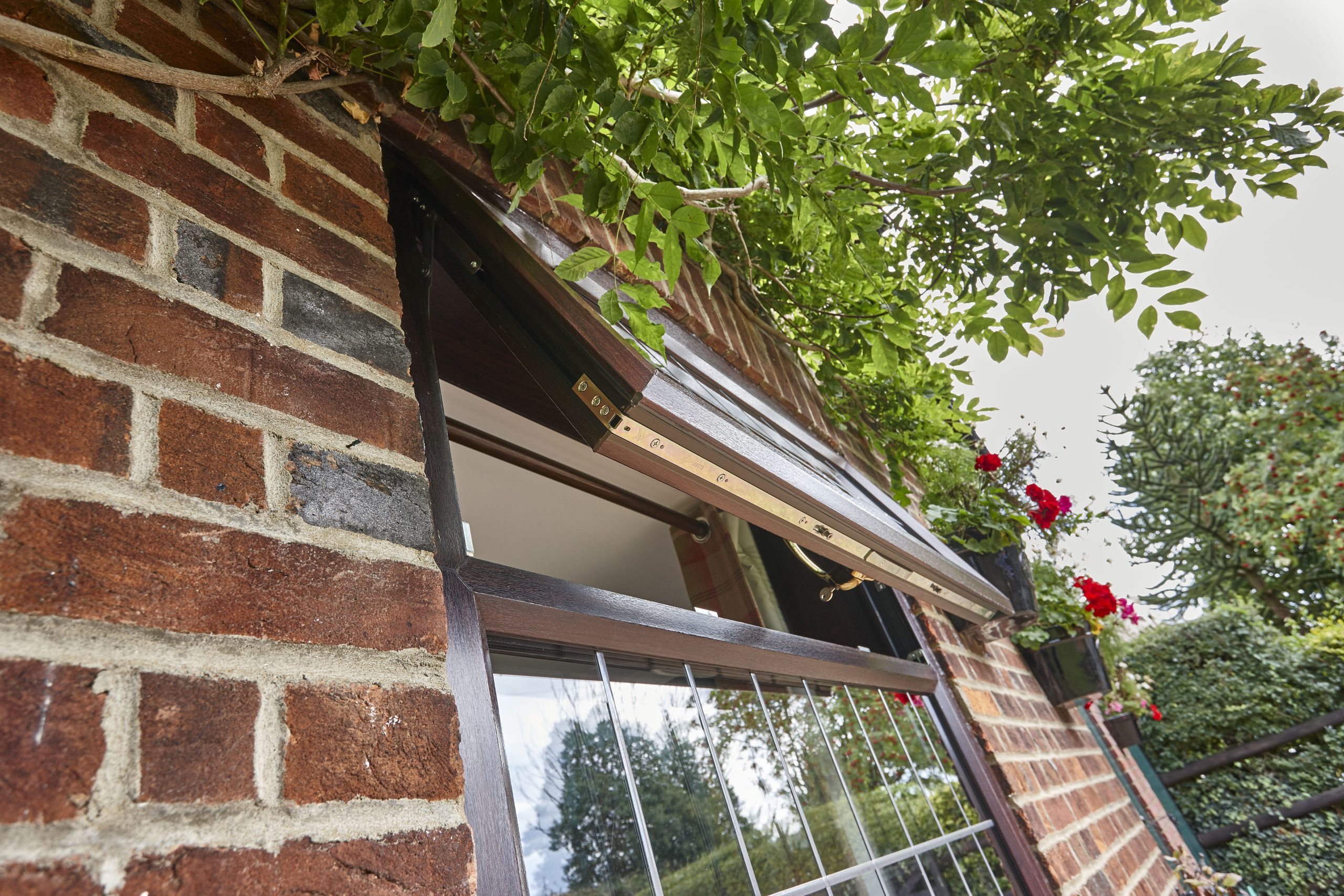
15 Feb What Makes Windows Energy Efficient?

There are several features that combine to make windows energy efficient. Windows are one of the most important elements of energy efficiency in a home but not all windows are created equally. In this article we will explain what features are important and answer some frequently asked questions about what makes windows energy efficient.
Production and Materials of Energy Efficient Windows
Windows are designed and manufactured to be energy efficient. This is done by using high quality materials and assembling the windows together properly. The glass panels can be coated in a Low-E (low emissivity) film which reduces heat loss and solar gain. This coating is transparent but makes a big difference. Low-E glass reduces the amount of ultraviolet and infrared radiation that travels through glass. As UV radiation is thought to contribute to furniture and textiles fading, this will also help keep your carpet and sofa in better condition for longer.
Argon gas is usually added between the panes of glass. We use Argon gas because heat finds it harder to travel through that than air. This creates an extra layer of insulation.
Single glazing is not considered to be very energy efficient. Double glazing is affordable and better at reducing energy loss. Double glazed windows have the Argon gas in between and are held apart by spacers.
Spacers should not be made of metal in order to be the most energy efficient. Being made of a material such as PVC reduces heat and cold transfer, unlike metal.
Once all the materials have been inspected, the new window will be put together, ready to help a home be more energy efficient.
Installation of Energy Efficient Windows
Replacing windows in a home can be dangerous if not done by professionals. Another reason why it’s important to have experienced window fitters is to ensure the installation is carried out professionally.
The installation, when done correctly, will contribute to the energy efficiency of a home. Windows that are properly sealed, insulated, and installed with weatherstripping or caulking to prevent air leakage, create a more tightly sealed environment that is less affected by outside temperatures.
Additionally, selecting windows with frames made out of materials such as uPVC or composite can help conserve energy due to their superior insulation properties.
Expert installation ensures that windows are sealed securely and completely against external elements.
Ratings for Energy Efficient Windows
When selecting windows for a home, it is important to consider their overall energy efficiency ratings. The higher the rating, the more efficient the windows will be in terms of regulating temperature within a building.
The British Fenestration Rating Council (BFRC) use a rainbow-coloured rating system to show how energy efficient windows are. When selecting a window, consumers use the rating system as an indication of price range and energy efficiency in order to choose the windows that are right for their needs and budget. The highest rating, A++, according to the Energy Saving Trust, could save as much as £235 and 405kg of carbon dioxide a year.
Selecting windows that feature multiple layers of glazing, Low-E coatings and superior materials, and consumers will benefit. Using professional fitters and understanding useful rating systems also contribute to making windows energy efficient. Use this guide and speak to our friendly team at Park Lane Windows for more information. They help with what makes windows energy efficient, and how to choose the right ones for you.

